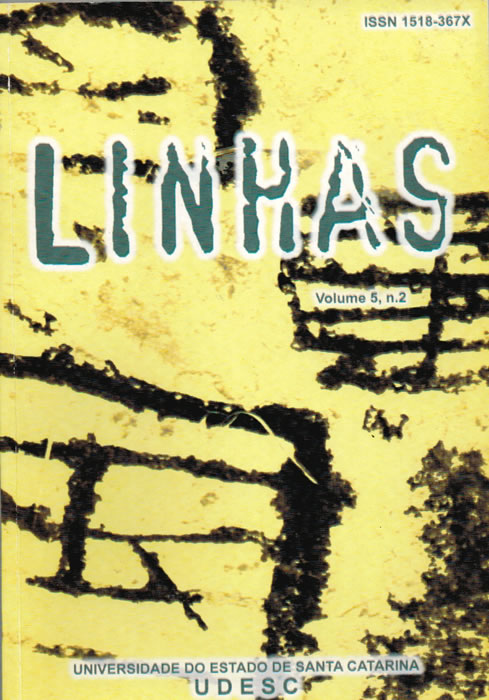A andragogia: que contributos para a prática educativa?<br>Andragogy: contributions to educational practice?
Resumo
A andragogia constitui um modelo de educação de adultos a ter em consideração na prática educativa. A aplicabilidade a contextos educativos diversificados e a flexibilidade que caracterizam este modelo permitem a sua utilização com populações de diversos níveis socioculturais, de idades diferentes e tendo como conteúdos referenciais as ciências naturais e humanas. A divergência essencial reside na relação entre o facilitador e os aprendentes, que se pretende dialogante e de igualdade. O facilitador de aprendizagem está sempre presente no processo de aprendizagem e possui elevadas responsabilidades de orientação e facilitação deste processo. O aprendente adulto é considerado como alguém responsável, activo, participante e internamente motivado para a realização de aprendizagens. A utilização da andragogia na sua globalidade pode apresentar algumas dificuldades àqueles que a desconhecem; ou talvez muitos educadores vejam as suas práticas educativas retratadas nesta breve descrição e as associem agora a um corpo teórico fundamentado. Independentemente da aceitação dos postulados fundamentais deste modelo, a utilização de algumas das suas referências, nomeadamente a importância atribuída à motivação interna, a responsabilização e a iniciativa dos aprendentes potenciam, seguramente, aprendizagens mais profundas e duradouras, assim como níveis superiores de satisfação perante as aprendizagens.
PALAVRAS-CHAVE: Adulto. Andragogia. Aprendente. Contrato de aprendizagem. Facilitador de aprendizagem.
Andragogy is a model of adult education that should be considered in educational practice. It’s applicability to diversified educational contexts and the flexibility that characterize this model allows its use with populations of different sociocultural levels, of different ages and with the natural and or human sciences as reference subjects. The distinction of this method is in the relationship between the facilitator and the students, which is based on dialogue and equality. The educational facilitator is always present in the learning process and has important responsibilities in the orientation and facilitation of this process. The adult student is considered as a responsible, active, participant and internally motivated to learn. The application of the andragogy model in its totality can present some difficulties to those who are not familiar with it. Meanwhile, it is possible that many teachers may see their educational practices portrayed in this brief description and may now associate them to a well-founded theoretical model. Independent of acceptance of the fundamental postulates of this model, the use of some of its concepts, namely the importance attributed to internal motivation, and the process of having students take responsibility and initiative, certainly allow more profound and long-lasting education, as well as higher levels of student satisfaction.
KEY WORDS: Adult. Andragogy. Learner. Learning contract. Learning facilitator.
Downloads
Downloads
Publicado
Como Citar
Edição
Seção
Licença
Os artigos publicados pela revista são de uso gratuito, destinados a aplicações educacionais e não comerciais. Os direitos autorais são todos cedidos à revista. Os artigos cujos autores são identificados representam a expressão do ponto de vista de seus autores e não a posição oficial da Revista Linhas ou do Programa de Pós-Graduação em Educação da Universidade do Estado de Santa Catarina.

A Revista Linhas está licenciada com uma Licença Creative Commons - Atribuição-NãoComercial-SemDerivações 4.0 Internacional.


